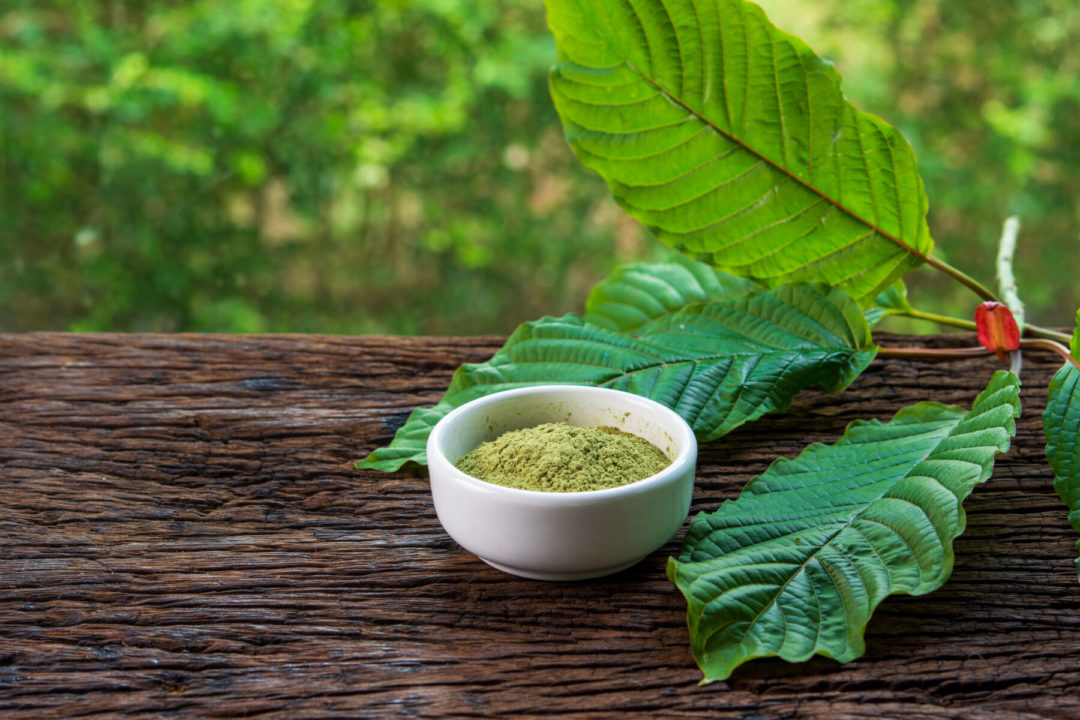As Lee and Pocan explain in the cosigned letter, WHO is currently reviewing the issue and may make a recommendation to the UN Commission on Narcotic Drugs as soon as early December for kratom to be controlled under UN conventions. They noted that the Food & Drug Administration (FDA) "encourages more research to better understand kratom’s safety profile, including the use of kratom combined with other drugs.”
"Given the absence of data showing kratom’s purported harms," the lawmakers concluded, "a vote in favor of controlling this substance would raise serious questions."
The American Kratom Association applauded the lawmakers for their action. “We are grateful for Sen. Lee and Congressman Pocan’s support in urging the Biden administration to oppose efforts at the international level to ban kratom,” said Mac Haddow, American Kratom Association Senior Fellow on Public Policy, in a press release. “American consumers, scientists, and lawmakers have previously and clearly voiced their opposition to domestic efforts to schedule kratom as a controlled substance. It is critical that federal officials at Health and Human Services and our representatives to the UN stand firmly in defense of the will of the American people and not allow the whims of international actors to dictate our domestic policy.”Related: FDA Announces Seizure of $1.3m in Kratom Study: Kratom May Have Therapeutic Effects and Low Potential for Abuse Kratom for Chronic Pain?
The benefits of kratom for chronic pain have been debated within the natural products industry. In a recent column for WholeFoods Magazine, Jacob Teitelbaum, M.D., maintained that kratom has a lower risk than opiods. “With one third of Americans suffering with chronic pain, approximately 50,000 preventable U.S. deaths each year from arthritis medications (e.g. NSAIDs like ibuprofen), and 5,000 yearly deaths from prescribed narcotics used as directed, we clearly have a major problem in how we treat chronic pain,” Dr. Teitelbaum wrote. “Having effectively treated thousands of people with fibromyalgia and other forms of severe chronic pain, and published a number of studies and textbook chapters on this, one simple fact has become very clear: Virtually all pain can be effectively treated, by using the entire healthcare toolkit. This includes both natural and prescription options, as well as socially controversial natural treatments such as marijuana, hemp oil, and kratom.”










